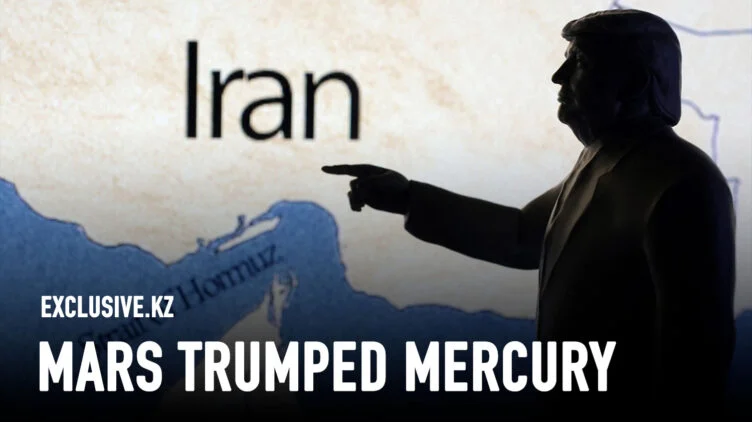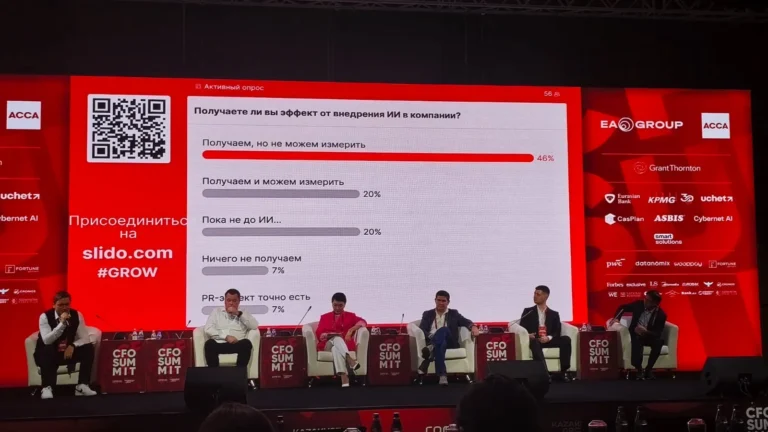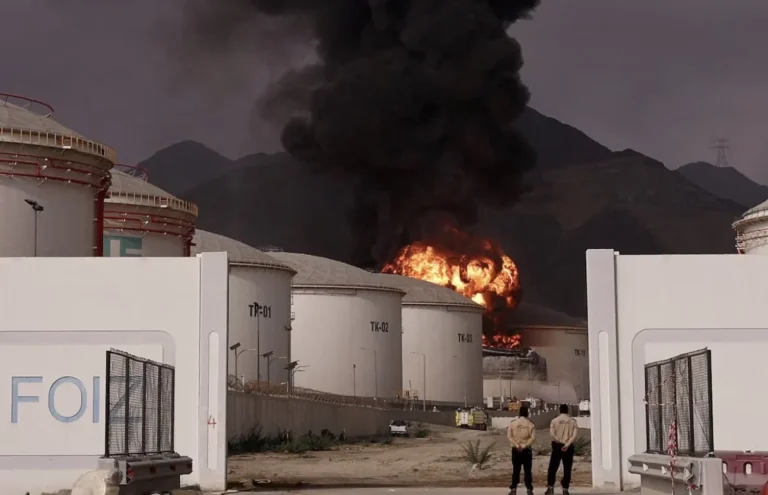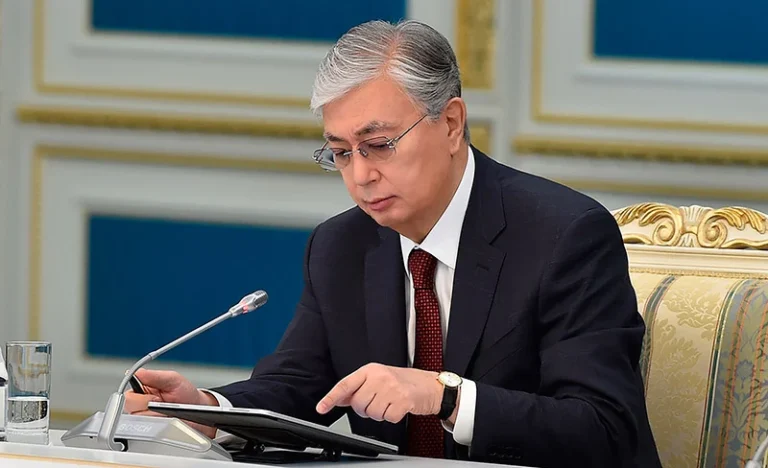Iran and the End of the Old Multilateralism

June 2025 will be remembered as a watershed, marking the death of the old multilateral approach to global governance. Existing institutions, especially those built on the idea of “the West” (such as NATO and the G7), no longer matter. While America signaled that it might strike Iranian nuclear facilities, it did not bother consulting other NATO members before doing so. On the contrary, President Donald Trump left the G7 meeting in Kananaskis, Canada, early to launch the mission.
The G7’s irrelevance attests to the current state of international relations. Interestingly, the group’s first summit, a half-century ago, was convened to deal with an unstable Middle East, in the aftermath of a conflagration (the 1973 Yom Kippur War) that endangered the “West’s” economic and political stability. Summiteers met in Rambouillet, just outside of Paris, in November 1975 to devise an alternative to direct military intervention.
Those in attendance were desperate to combat the sense of economic and political fragility that was jeopardizing democracy at home. While the summit’s theme had emerged from regular meetings between American, British, French, German, and Japanese finance ministers, it also included Italy, not because the country offered useful resources, but because it was in the deepest malaise, and its democracy was the most imperiled.
It was Henry Kissinger who in 1974 had offered the alternative to military action: regional powers, notably Saudi Arabia and Iran, were to be brought into the fold by encouraging them to hold their high earnings from oil exports in Western banks. These petrodollars would then be lent to the big emerging markets of the time – countries in South America but also in Soviet-dominated Central Europe – so that everyone would be linked together by money. Thus, finance would ensure that everyone avoided costly, violent confrontations in the future.

That sort of thinking would later be rejected as a form of runaway neoliberalism, with political leaders from Joe Biden and Vladimir Putin to European Commission President Ursula von der Leyen distancing themselves from it. But as everyone pilloried neoliberalism and the associated belief that commerce can bring peace, few offered any coherent alternative.
The skeptics would have done well to consult ancient mythology, which presented the god of commerce, Mercury, as a rival to the god of war, Mars. Only Putin had the intellectual consistency to see that Mars was the outcome of rejecting Mercury. He wagered that the god of war could make a new Russia.
Part of the problem with finding an alternative lay in the G7’s inadequate institutional makeup. By the turn of the millennium, it was no longer the most appropriate format for global coordination, and with the 2007-8 financial crisis, the G20 emerged as the premier grouping. But while the G20 provided an effective immediate response through its April 2009 London meeting, it soon lost traction as the US, China, Germany, and others fell into disputes about trade and currency issues.
A few years later, Russia was expelled from the G7 (previously the G8) following its seizure of Crimea and attack on eastern Ukraine in 2014. Trump complained about this during his first term, and he recently returned to the same theme in Kananaskis. But his insistence that Russia is needed to solve international problems is bizarre, considering that Russia has caused or contributed to so many of them – including by supporting dictatorships in Syria and Iran. A far stronger case could be made for broadening the G7 to include China (and perhaps for stripping down the summits by granting the EU just one representative).
In any case, the dynamic on display in Kananaskis was eerily reminiscent of the one in Rambouillet almost 50 years before. While French President Emmanuel Macron wanted to discuss a ceasefire, Trump explained (as he departed) that he was thinking “much bigger than that. Whether purposely or not, Emmanuel always gets it wrong.” Mars trumped Mercury.
But leaving a multilateral summit to go to war was a strange move for a man who always insisted that he was trying to make a deal for peace. The promise of “America First” – global disengagement and a rejection of “forever wars” – is Trump’s main appeal to many Americans. Indeed, his decision also seems to be at odds with his recent trip to the Middle East, where he visited the Gulf states, avoided Israel, and focused on financial and economic dealmaking.
In 2019, Trump characteristically proclaimed that engaging in the Middle East militarily was the “worst decision ever made.” Yet now, in 2025, the master of the “Art of the Deal” has concluded that he needed the same threat escalation as in his tariff war. But what happens if the current level of bombing is not enough to intimidate the Iranian leadership? What if the GBU-57 superbombs failed to destroy the underground nuclear facility at Fordow?
From the risk of an escalating military conflict to the deep dissatisfaction with democracy at home, the parallels to Rambouillet are striking. The question is whether there is anyone who can channel Kissingerian insights today. The script for such a leader is clear, and it involves channeling Mercury, not Mars. This is the moment when someone in Europe, China, or the Global South should stand up and say: “Our problems are much bigger than that. Whether purposely or not, Donald always gets it wrong.”
Copyright: Project Syndicate, 2025.





Все комментарии проходят предварительную модерацию редакцией и появляются не сразу.